Tech giants Facebook, Google told to pay for news content
Google and Facebook have been told to strike a deal with media companies to pay for their content or face tough new rules.
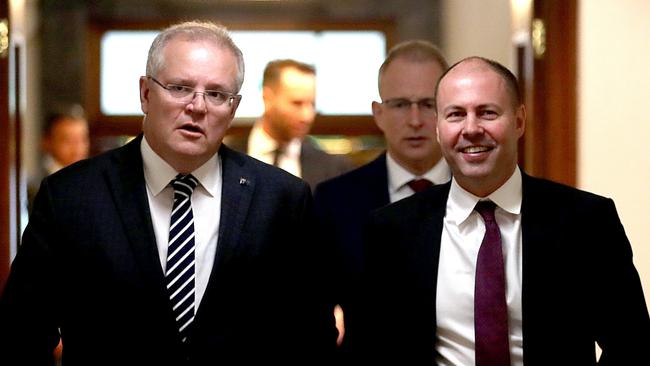
Tech giants Google and Facebook have been ordered to strike a deal with media companies within a year to pay for their content or face tough new rules governing online platforms’ behaviour.
The move has failed to convince some news executives that the Morrison government has found a solution to an imbalance in bargaining powers between digital sites and traditional media.
Declaring that Australia should be the “model jurisdiction” for regulating social media platforms, Scott Morrison and Josh Frydenberg unveiled a suite of reforms on Thursday designed to protect consumers and news companies, as the government attempts to ensure the same rules apply online as in the “real world”.
“The companies are on notice,” the Treasurer said.
“The government is not messing around, we will not hesitate to act.”
The government’s long-awaited response to the Australian Competition & Consumer Commission’s digital platforms inquiry and its 23 recommendations was broadly supported.
But News Corp Australasia executive chairman Michael Miller said a voluntary code of conduct for digital platforms — not a mandatory one — was “out of kilter” with global leaders.
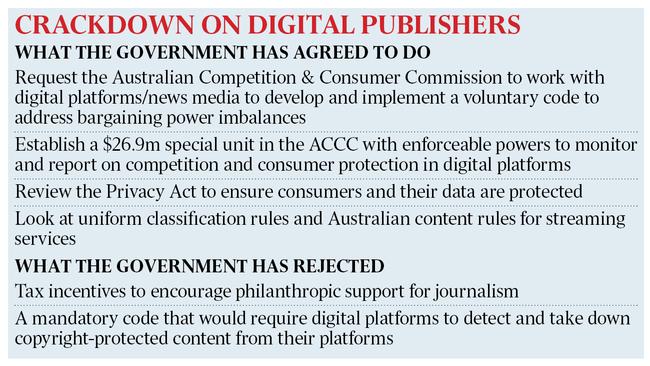
A $26.9m special unit in the ACCC with enforcement powers will be established to monitor potentially anti-competitive conduct by digital platforms and behaviour that causes consumers harm. Its first priority will be to inquire into their advertising technology and algorithms.
The government will look at introducing uniform classification rules and Australian content rules for traditional and new streaming services such as Netflix and Stan, while the Privacy Act will be reviewed to ensure consumers and their data are protected.
The Prime Minister said the government’s response was focused on twin outcomes: protections for consumers and Australian companies as well as economic benefits from new technology. “We have regulation and systems that were written for an analogue economy and I want Australia to be one of the most, if not the most, successful digital economy in the world,” Mr Morrison said.
If a digital platforms code of conduct cannot be finalised by November next year, the Treasurer said, the government would step in to introduce a mandated scheme.
“This code will cover such things as how revenue is shared, how content is accessed and presented, as well as getting forewarning about changes to algorithms that go to how the content is ranked online,” Mr Frydenberg said. “What we are seeking to do here with the acceptance of a number of the recommendations in (ACCC chairman) Rod Sims’ excellent report is not only to minimise the harm but to maximise the opportunities for all Australians and for the economy as a whole.”
More than 17 million Australians use Facebook every month and more than 90 per cent of online searches are on Google.
Mr Sims, who praised the government’s response to his year-long inquiry, said more “enforcement action” against digital platforms would occur next year. The ACCC is already suing Google for allegedly misleading Android users about the steps needed to disable its ability to track and use location data.
“You can certainly expect some more enforcement next year; I don’t want to be too precise,” Mr Sims told The Australian.
“We have other cases in the pipeline and I’m sure some of them we’ll see court action.”
Nine chief executive Hugh Marks labelled the government’s response “bold” and backed the voluntary code of conduct. Seven West Media chief executive James Warburton also welcomed the reforms but was disappointed the government had rejected another mandatory code that would require digital platforms to take down copyright-protected content.
Communications Minister Paul Fletcher conceded there were concerns about digital platforms displaying content that infringed the copyright of owners but the view “quite strongly from many across the sector” was the proposed regulatory tool was not fit for purpose.
Foxtel and Seven West Media supported the government’s decision to review copyright enforcement tools, in a bid to get digital giants including YouTube to take responsibility for unauthorised content posted on their platforms.
Upper house crossbench senator Stirling Griff, who with former colleague Nick Xenophon initiated the ACCC digital platforms inquiry, agreed with Mr Miller that the voluntary code of conduct did not go far enough.
“This is pretty weak,” Senator Griff said. “A voluntary code is unlikely to achieve the best outcomes or level the playing field when we’ve accepted that market power is distorted in favour of Google and Facebook.”
The government supported six of the ACCC’s recommendations, backed 10 in principle, noted five and rejected two, including tax concessions to encourage philanthropic support for journalism.
Industry group DIGI, which speaks on behalf of technology platforms, said it would examine the government’s response closely to ensure stronger consumer protection and that there were no “unintended consequences” for Australia’s digital future.
As it looks to strengthen privacy laws, the government will develop legislation for public consultation on increasing penalties under the Privacy Act and the creation of an online privacy code.
Opposition communications spokeswoman Michelle Rowland declared the Coalition’s plan showed it “still doesn’t get it when it comes to public interest journalism, particularly in regional areas, which was the core impetus of this inquiry in the first place”.
She hit out at the government for supporting the ACCC’s recommendation of stable and adequate funding for the public when the ABC was dealing with an $83.7m budget shortfall.
ADDITIONAL REPORTING:
LEO SHANAHAN


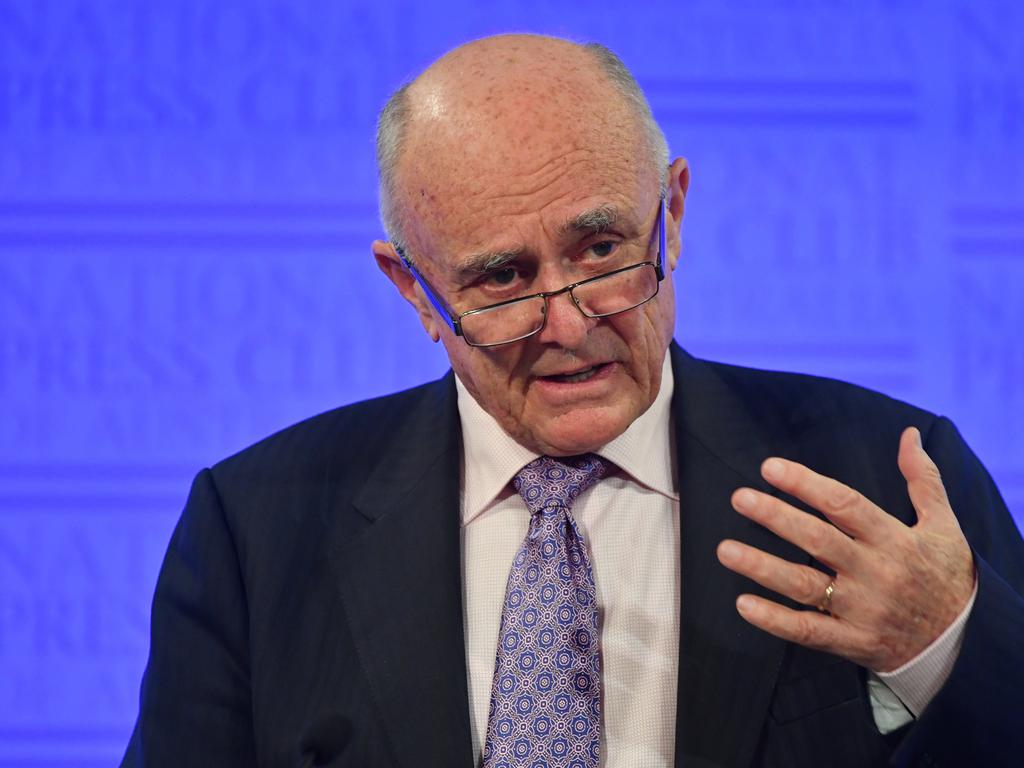
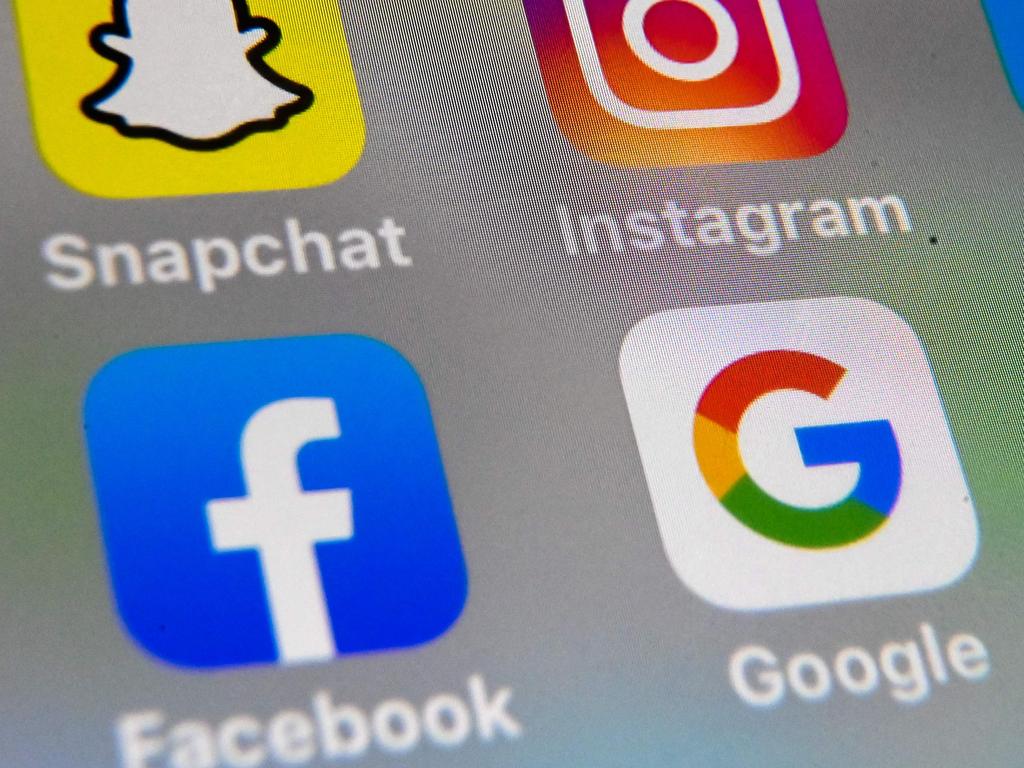
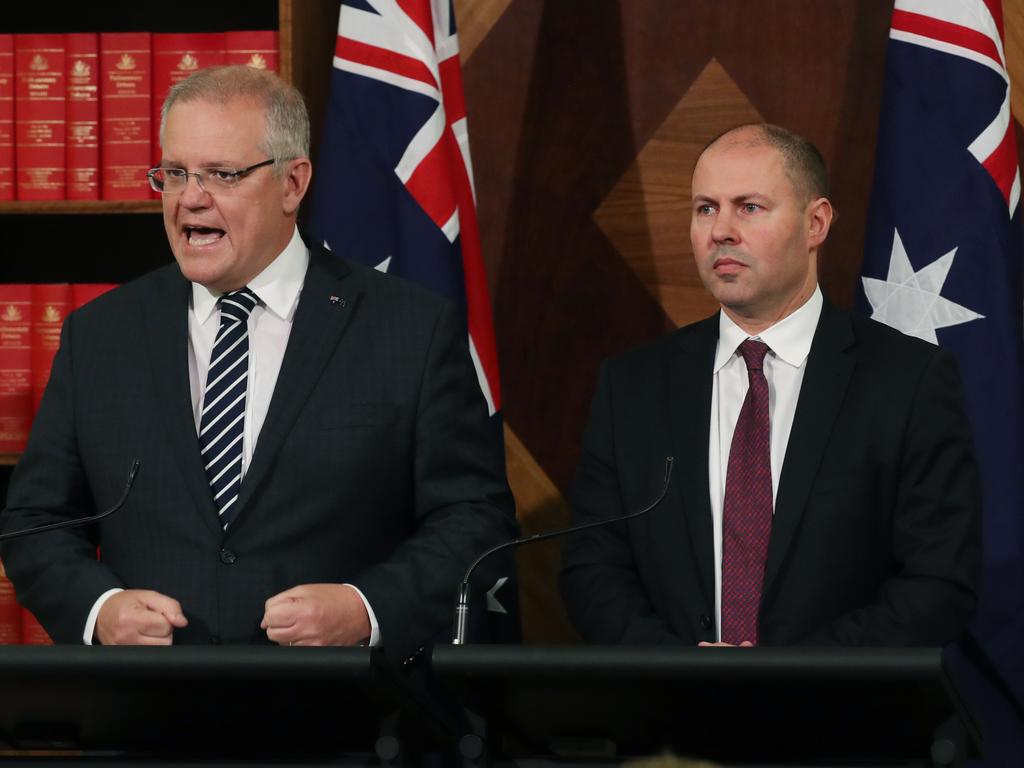


To join the conversation, please log in. Don't have an account? Register
Join the conversation, you are commenting as Logout